NACo Legal Advocacy: Perttu v. Richards
Author

Paige Mellerio

Joe Jackson
Upcoming Events
Related News
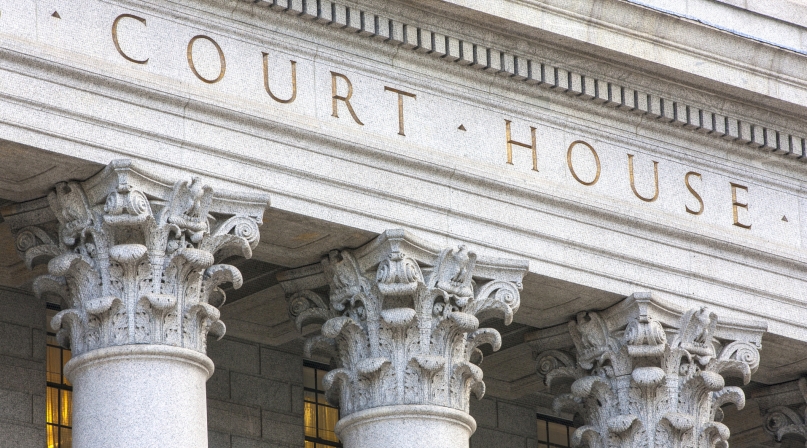
County Nexus
Perttu v. Richards has implications on the Prison Litigation Reform Act (PLRA) and could increase the amount of Section 1983 inmate-initiated cases against county jails that reach federal court, ultimately resulting in counties having to expend resources on frivolous lawsuits.
Background
Under the Prison Litigation Reform Act (PLRA), which was enacted in response to over 40,000 inmate-initiated cases clogging federal courts, prisoners must try and resolve their complaint through the prison’s grievance structure, exhausting all available administrative procedures. Kyle Richards, an inmate at the Michigan Department of Corrections (MDOC) filed a complaint in court that Thomas Perttu, a Residential Unit Manager (RUM) employed by MDOC, retaliated against inmates and destroyed their property, therefore violating their First, Fifth and Eighth Amendment rights.
Ordinarily, the PLRA constrains Richards’ ability to go to court, but Richards is arguing that he has the right to go to court and obtain a jury under the Seventh Amendment since facts determining whether he exhausted available administrative remedies are intertwined with the merits of the case. The Sixth Circuit agreed with Richards, finding that the inmate’s Seventh Amendment rights are superior to the PLRA and a federal jury is appropriate whereas the Seventh Circuit held a conflicting opinion, finding that inmates have no right to a jury to determine whether they exhausted administrative remedies regardless of whether the exhaustion is intertwined with the merits of the case. Perttu cited the circuit split in petition for cert. and argues that the Sixth Circuit’s interpretation undermines Congressional intent and that “threshold issues” remedies do not implicate the Seventh Amendment.
NACo Advocacy
Stay tuned for a Local Government Legal Center amicus brief in support of the petitioner, Perttu, which will argue the Sixth Circuit’s ruling should be reversed based on the significant cost it could place on county governments as we support 91 percent of all local jails and the congressional intent of the PLRA to shield state and local governments from frivolous lawsuits.
Current Status
On June 18, in a 5-4 decision, the Supreme Court affirmed the Sixth Circuit’s holding that under the Seventh Amendment inmates are entitled to a jury trial to determine the exhaustion of remedies under the PLRA when the issue at hand is intertwined with the merits of a claim that necessitates a jury trial. While counties can continue to utilize the PLRA to seek dismissal of federal court proceedings, legal claims brought by an inmate could require a jury to resolve whether all potential remedies have been exhausted before counties can invoke the PLRA. This ruling is in opposition to what NACo advocated for in our amicus brief and as a result, counties could be subject to increased lawsuits initiated by inmates leading to increased costs related to the defense of prison litigation.
2024-2025 Supreme Court Term
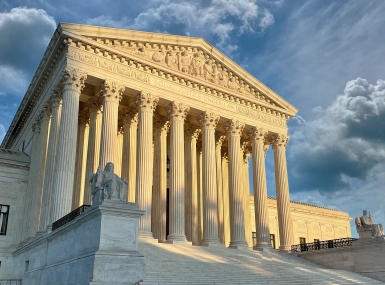
NACo Legal Advocacy: Ames v. Ohio Department of Youth Services
As one of the largest employers in the country, counties have a significant interest in cases like Ames v. Ohio Department of Youth Services (Ames v. Ohio) that could expand county liabilities as employers.

NACo Legal Advocacy: City of Buffalo et al. v. Kia/Hyundai
The question at hand in City of Seattle et al. v. Kia/Hyundai is whether or not the Federal Motor Vehicle Safety Standard preempts state tort claims brought forth by local governments alleging that Kia and Hyundai’s failure to install “reasonable” anti-theft technology constitutes negligence and public nuisance.
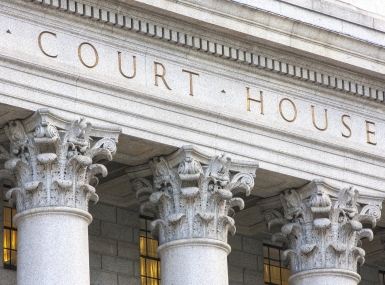
NACo Legal Advocacy: Perttu v. Richards
Perttu v. Richards has implications on the Prison Litigation Reform Act (PLRA) and could increase the amount of Section 1983 inmate-initiated cases against county jails that reach federal court, ultimately resulting in counties having to expend resources on frivolous lawsuits.

NACo Legal Advocacy: McLaughlin Chiropractic Associates, Inc. V. McKesson Corporation
McLaughlin Chiropractic Associates, Inc. V. McKesson Corporation could make it more difficult for counties to challenge FCC orders, many of which have taken steps to preempt and curtail local authority by limiting counties’ abilities to manage their own right of way and assess fair market value permitting and impact fees on providers seeking to construct, modify or extend telecommunications infrastructure in their communities.

NACo Legal Advocacy: San Francisco v. Environmental Protection Agency (EPA)
San Francisco v. Environmental Protection Agency (EPA) has implications for the ability of county governments that own and operate wastewater treatment facilities to comply with National Pollutant Discharge Elimination System (NPDES) permit requirements.

NACo Legal Advocacy: Lackey v. Stinnie
Lackey v. Stinnie will impact the ability of state and local governments to avoid paying litigation fees in a civil rights case if they change their conduct (i.e. repeal a law) after a court has granted a preliminary injunction.

NACo Legal Advocacy: Bondi v. VanDerStok
Garland v. VanDerStok has implications for the ability of county law enforcement to uphold public safety and investigate crimes involving ghost guns.

NACo Legal Advocacy: Stanley v. City of Sanford
Stanley v. City of Sanford will impact the ability of county governments to balance budgets by reducing or eliminating post-employment benefits for disability retirees.
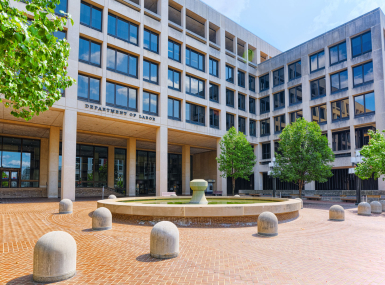
NACo Legal Advocacy: EMD Sales, Inc. v. Carrera
EMD Sales, Inc. v. Carrera could make it more difficult for county governments to prove exemptions under the Fair Labor Standards Act (FLSA), which would increase the potential for costly litigation.

NACo Legal Advocacy: Federal Communications Commission, et al v. Consumers' Research, et al
Federal Communications Commission, et al v. Consumers’ Research, et al. (FCC v. Consumers’ Research) could jeopardize what is known as the Universal Service Fund (USF). Through the USF, the FCC has provided billions of dollars to local governments and our residents, helping provide essential telecommunications and broadband services to unserved and underserved communities. FCC v. Consumers’ Research challenges the FCC’s legal authority behind the USF, putting multiple programs essential to equitable broadband deployment at risk.
Featured Initiative
Supreme Court Advocacy Hub
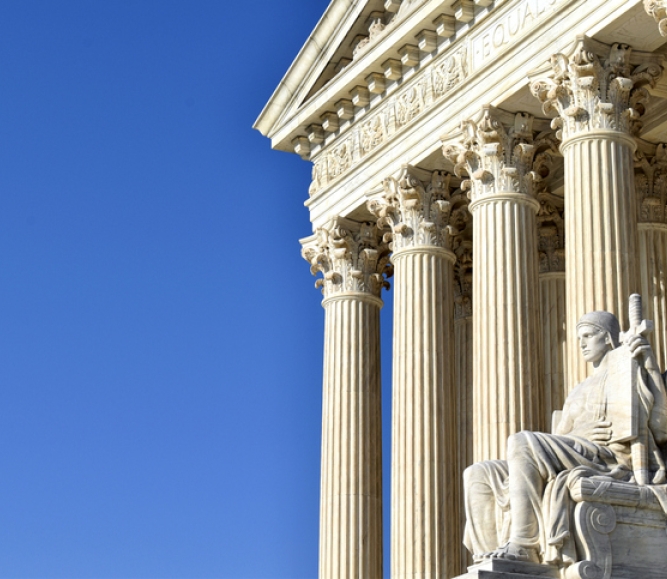
Related News

Information-sharing bill could protect court workers
The Countering Threats and Attacks on Our Judges Act could provide more than 30,000 state and local judges with access to security assessments, best practices and a database of threats made against colleagues in the justice field.

After historic winter storms, counties assess response
Counties in states that rarely receive much winter weather are assessing their responses to the January storm that left many covered in snow and ice.
